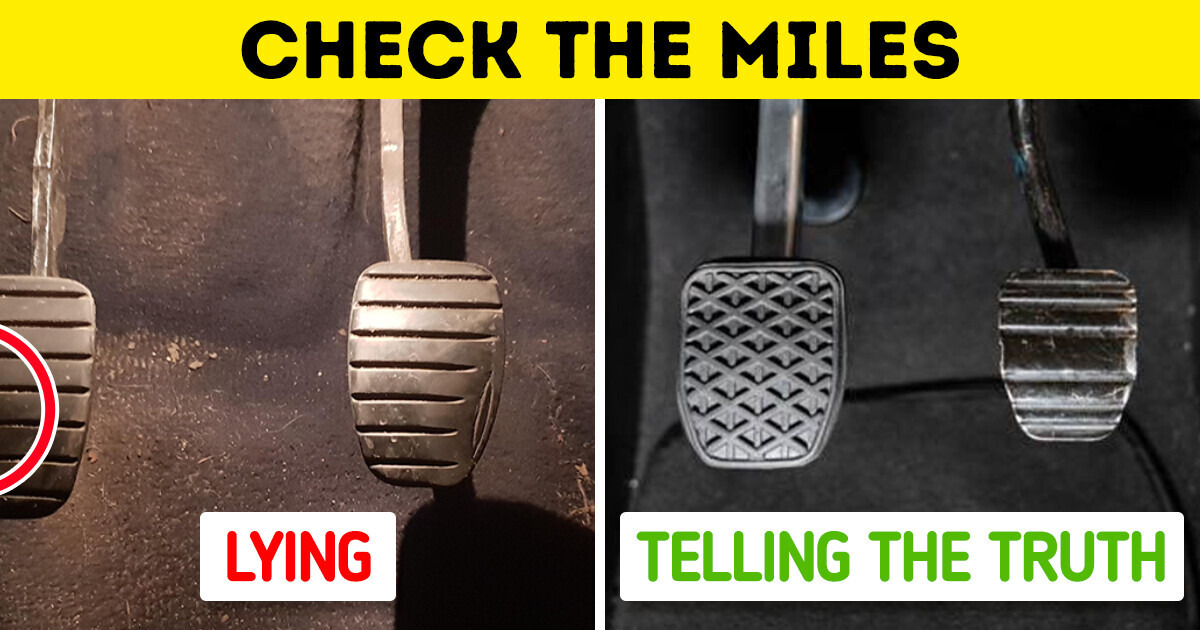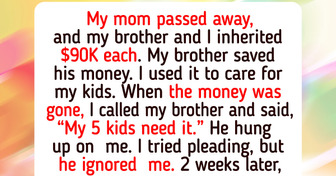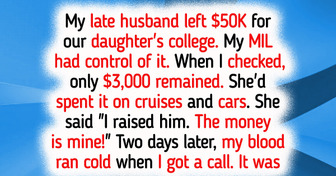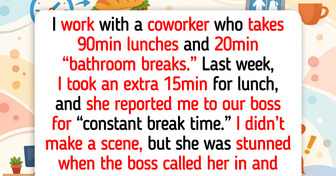What Happened to Jennifer Aniston's Face, According to a Doctor


If you’re buying a used car, you’re not alone—many people are doing the same as options become more limited. Having a solid plan is crucial. Here’s how to shop smart, spot red flags, and buy from a dealer.
If you’re financing your car, try to keep your monthly payment under 10% of your take-home pay—or less if money’s tight. Used cars often need extra care, like new tires or replacement parts. Don’t forget fuel and insurance costs, and if the car isn’t under warranty, it’s smart to have a repair fund for unexpected fixes.
Vehicles like the Honda CR-V and Toyota RAV4 are popular used car choices because of their strong reputations, but that can make them pricier. Alternatives like the Ford Escape or Kia Sportage are also solid options and often cost less. To save money, keep your options open and list several vehicles that fit your needs and budget.
If you’re looking at cars under 5 years old, consider a certified pre-owned (CPO) vehicle. CPO cars come with warranties backed by the automaker, not just the dealer, giving you extra peace of mind. Keep in mind that you’ll need to buy a CPO car from a dealership that sells that brand new—for example, a CPO Chevy Equinox must come from a Chevrolet dealer.
If you’re not buying from someone you know well, like a friend or family member, make sure to get a vehicle history report. It’s a simple step that can save you a lot of trouble. Reports from places like AutoCheck or Carfax can tell you if the car has had major problems, like a rolled-back odometer or a salvage title.
All you need is the car’s VIN or sometimes just the license plate number. Most big dealerships will give you the report for free if they’re selling the car.
Taking a test drive is the best way to see if a used car is a good fit and to check its condition. Here’s what to keep in mind while you’re behind the wheel:
Also, inspect the pedals! A Reddit user shared how their clutch and brake pedals were so worn down after 350,000+ km that the metal was showing. The car ended up dying 30 minutes later. Worn pedals can hint at high mileage, even if the odometer says otherwise.
Lastly, ask to see service records. They’ll tell you if the car’s been well-maintained. If the seller doesn’t have them, factor that into your decision and negotiation.
Worried about negotiating? Don’t be—it’s not as scary as it seems. Just go in with a plan, and things should go smoothly.
Figure out the most you’re willing to spend, but don’t share that right away. Start with a lower offer that’s still fair based on what similar cars are selling for. Let the seller know you’ve done your research, so they understand where your offer is coming from.
If you agree on a price that’s close to what others are paying, you’re probably getting a good deal. Remember, the seller probably doesn’t love negotiating either—it’s just part of the process.











